Topic: Integr8.AEC: Facades – Algorithmic Data Management
Date: May 11, 2024
Time: 13:00 – 17:00 GMT
Format: Online on Zoom & Youtube Live
Duration: 1 Session (4 Hours)
Registration Deadline: May 10, 2024
Total Seats: 500 – 700 seats
Difficulty: Beginner
Language: English
Certificate: Available for all Live participants
General Registration: Free
Organized By: PAACADEMY
Tutor: Stefano Rossi , Mahdi Fard , Ahmed Sattar
Recordings: Recordings will be available for all participants afterward indefinitely.
Introduction
Computational Design is not confined to complex projects in forms. It principally is related to managing data flows from a range of variant factors/disciplines where each parameter impacts the functions and aesthetics of a project in each A, E, and/or C in the building industry. While most relevant sources are currently dedicated to research projects, the professional utilization of automotive algorithms, open-source toolkits, and datasets are pivotal for computational designers to consider.
In the context of Integr8.AEC, we develop course materials deducted straight from what we experience and synced with real-world applications of computational Design. Therefore, this course guarantees attendees’ insight and growth through workflows, respecting how to become professionals in this field. The engaging double-sided perspectives from what is on screen would become something on a real scale, helping the participants to learn to read parametric relations and then write specific functions implementing informed decisions based on data structure and optimized solutions. This course is built upon the following modules:
- Parametric Modeling from 2D Plans to 3D Models
- Facade Surface Optimized Design + Statistic Analysis
- Algorithmic Constructability Check
- Facade Elements’ Parametric 3D-Modeling
The Scope of the Workshop:
This workshop tries to define a well-organized stage that allows participants to learn more about different workflows for designing a geometrical yet functional facade. While the building codes are one of the objectives to consider, which might seem like a constraint, using parametric modeling in a proper context and respecting these limitations is the key. Therefore, every individual or group participant will find the challenge of using the right tool in the appropriate framework, comprising an authentic experience. The instructors and the guest speakers will walk the participants through the whole process, informed by what they faced as issues, errors, and complications supported by the solutions.
This approach, which Ardaena uses in workshops as a legacy, assurances the students’ understanding to be conceived well-structured with respect to parametric AEC, representing a considerable part of the gap between the academic and professional world in the computational design field. Once the workflows and experiences are shared, all participants will be divided into groups and start applying what they have learned on a modular façade system, which is a separate part of a whole project. Each group’s endeavors will be shared, and an entire project will be completed as pieces of a facade. During the workshop, the common language will be Grasshopper3D and the Python Codes developed by Ardaena will also be shared among the groups so they can find themselves in their next steps.
Methodology:
Following the central cores of the workshop, we will take on expanding the participants’ knowledge with these elaborated descriptions for each segment of this workshop:
- Parametric Modeling from 2D Plans to 3D Models: Students will learn how to transfer data from DWG files into Rhino, followed by extracting useful data with Grasshopper3D. They will also learn how to set up the workflow to be parametrically reliable for generating the 3D building from 2D Plans while every façade element is placed in a data structure for later recalls.
- Facade Surface Optimized Design + Statistic Analysis: Adding an informative layer of data into any design iteration that emphasizes early-stage design is highly valuable. In this segment, students will learn how to analyze their parametric model corroborated with building codes, facade systems, and architectural features. Reports will be live between Grasshopper3D, Rhino, and Data Visualization.
- Algorithmic Constructability Check: This segment takes on a great partial of having students’ minds ready to know what the building industry requires in action. Constructability Check in a parametric format to add physical and mechanical properties of materials into Gh3D pushes participants to learn how much waste of time, cost, and resources their design has. This segment will transcend students’ skills from screens to the project site and help them understand Design for Manufacturers.
- Facade Elements’ Parametric 3D-Modeling: The final section finishes the process by preparing students to automate their approved façade design drawings. Respecting their Building Model, The Façade Geometry they have chosen, Material Properties, and Constructability Check, they will experience how to fulfill requirements to get ready for manufacturing. The Façade System, as in 3D Elements, will be attached to the main building surface; therefore, each group has experienced Parametric Modeling followed by Algorithmic Engineering.
Objectives:
- Learning how to work among AEC-related file formats
- Parametric Modeling and how to add/remove tags/labels/attributes on each object to manage a facade through data structure
- Geometrical Analysis and Understanding of how Grasshopper3D is reliable for managing data flows through a well-established workflow.
- Façade Systems Parametric Modeling from Design to Fabrication.
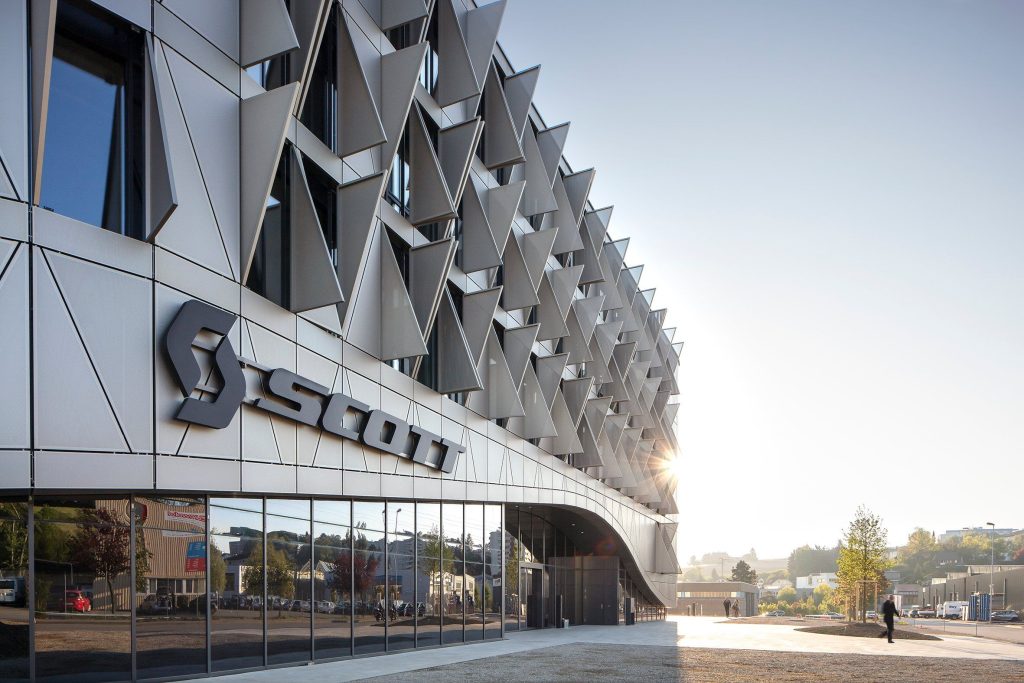
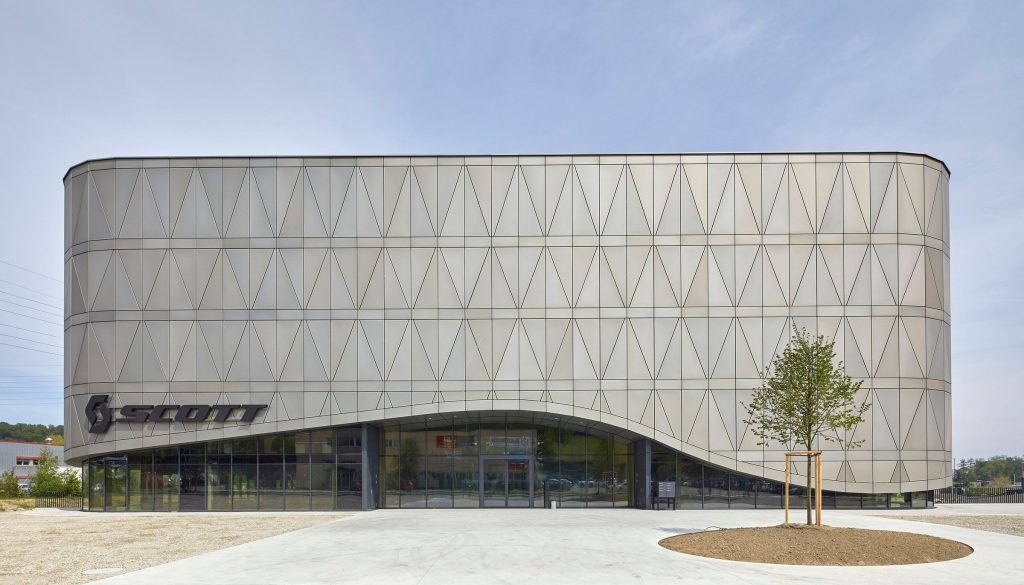
Program:
- Stefano’s Presentation on Utilizing Computational Design in Idpartners’ Project Series (45 mins) with an Additional 15 mins Q&A Session.
- Mahdi and Ahmed Present a Presentation on a Well-Known Ordinary Facade System, Ensuring Accessibility and Understanding (60 mins) with an Extra 15 mins for Corrections.
- Ahmed and Mahdi Showcase The ScottHQ Presentation, Demonstrating Real-Case Scenarios (30 mins).
- Finalize the Simple Case with Additional Attributes and Hands-On Development (75 mins) with 15 mins Reserved for Correction Time.
- Q&A
Software:
- Rhino 7.0 or 8.0 (Download)
- Grasshopper3D
- Microsoft Excel / Google Sheet
- Python 2.7.3.x (Download)
- Gh3D Add-ons: MeshEdit, LunchBox, TTtoolbox, Conduit, HumanUI, Elefront, MetaHopper, ArchiCad Connector, Pufferfish, Speckle, Paneling Tools
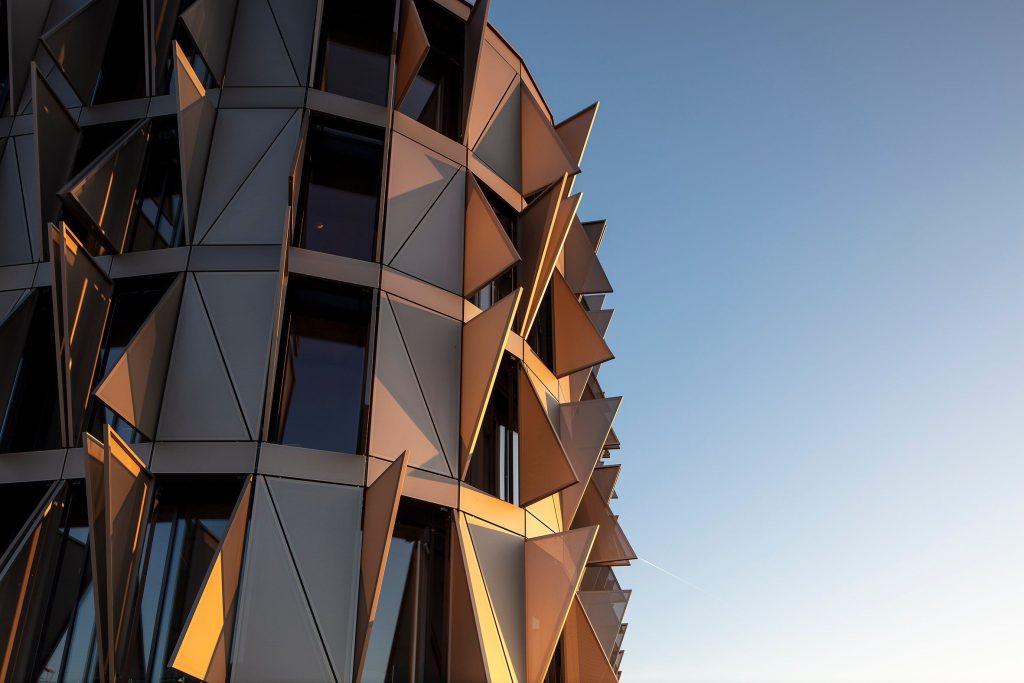
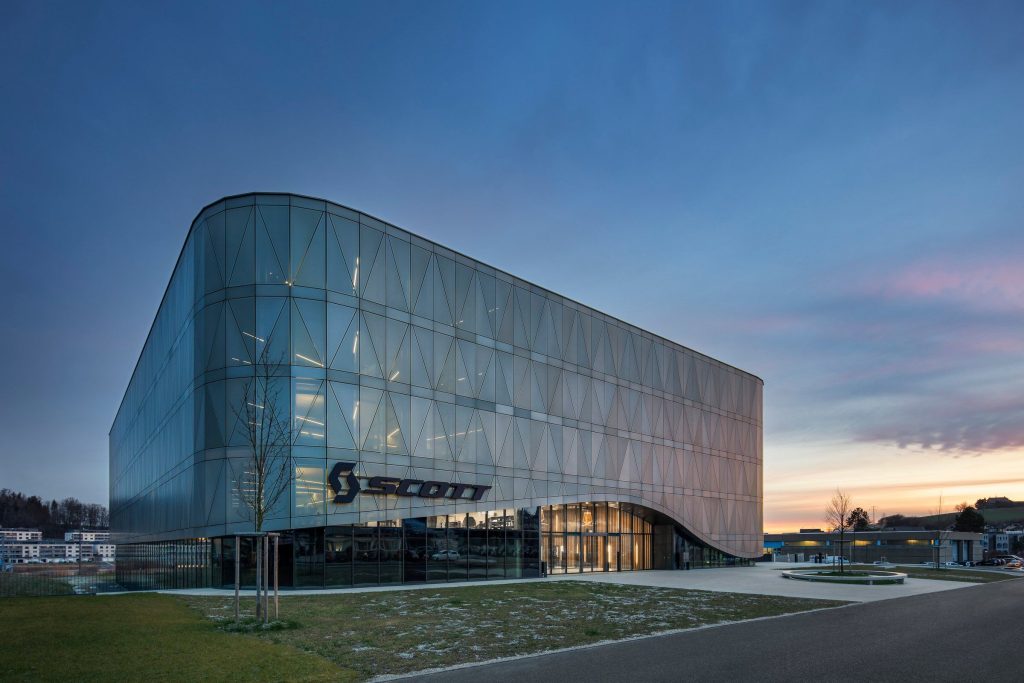
Important Notes:
- The “Integr8.AEC: Facades” Free Studio workshop by PAACADEMY will start on Saturday, 11th May, at 13:00 (GMT).
- Total sessions: one session
- The teaching duration per session will be 4-5 hours.
- Students will have time for a break between teaching hours.
- Each session and the entire studio will be recorded, and videos will be available for participants just a day after the class for unlimited time.
- PAACADEMY will provide a certificate of attendance.
Instructors:
Stefano Rossi
Stefano Rossi is an architect from the University of Innsbruck, serves as a façade consultant at idpartners, a boutique firm based in Zürich, Switzerland, specializing in facade consulting. He specializes in devising innovative solutions for upscale projects, employing a range of techniques from hand sketches to computational design. Within his role, Stefano oversees design consultation, detail development, specifications, and review of shop drawings for diverse projects including residential, high-rise, commercial, cultural, civic, and public developments across the DACH region, Italy, USA, and the Middle East. Currently, Stefano is actively involved in various projects from conceptualization to construction phases, collaborating with developers, architects, and facade contractors. His focus is on ensuring successful delivery of facade packages by identifying optimal procurement routes and technical solutions.
Mahdi Fard

Mahdi Fard is the Founder and R&D Lead at Ardaena exemplifies the interconnection of academic explorations with industry pragmatism in computational design. His 13-year-old career is a demonstration of advancing real-world applications through research, particularly in bridging the gaps in the building industry. With a rich background in integrating design and engineering via DATA, Mahdi focuses on developing intelligent, open-source automated workflows that address industry challenges using Machine Learning and Deep Learning, setting a new paradigm for integrating intelligence in AEC, which he calls Functional Paradigms.
His initiatives at Ardaena reflect his dedication to empowering academics with tools and knowledge for perceptible solutions. Mahdi’s leadership in multidisciplinary R&D, combined with his innovative approach to data manipulation and design for manufacturing and assembly (DfMA) in free-from structures, showcases his commitment to enhancing both academic pursuits and professional practices. Through his hybrid character, which he believes we all need more people to be trained for, Mahdi has been trying to illuminate the path for future researchers and practitioners, demonstrating how R&D-based insights can lead to state-of-the-art solutions in computational design.
Ahmed Sattar

Ahmed Sattar is an architect and computational designer, actively engages in academic and professional projects and leverages algorithmic methods. With a solid foundation in computational design and Building Information Modeling (BIM), Ahmed applies academic knowledge to practical solutions in the AEC industry. Joining Ardaena.com in 2019, he contributed to conceptualizing and implementing research-based projects and papers, marking his entry into digital architecture. Ahmed co-founded the Ardaena Academy, an authorized platform dedicated to learning, education, and research.
Simultaneously, Ahmed plays a role in Ardaena’s professional projects, particularly in Facade Engineering. His primary responsibility revolves around developing Algorithm-based workflows, focusing on integrating the “I” from BIM. Engaged in the Pro side of Ardaena, he is streamlining data-driven and BIM-related procedures. Throughout the A-Z project phases, Ahmed consistently seeks algorithmic approaches that, besides Automation, balance accuracy and acceleration, showcasing his commitment to innovative and efficient solutions.
Topic: Integr8.AEC: Facades – Algorithmic Data Management
Date: May 11, 2024
Time: 13:00 – 17:00 GMT
Format: Online on Zoom & Youtube Live
Duration: 1 Session (4 Hours)
Registration Deadline: May 10, 2024
Total Seats: 500 – 700 seats
Difficulty: Beginner
Language: English
Certificate: Available for all Live participants
General Registration: Free
Organized By: PAACADEMY
Tutors: Stefano Rossi , Mahdi Fard , Ahmed Sattar
Recordings: Recordings will be available for all participants afterward indefinitely.
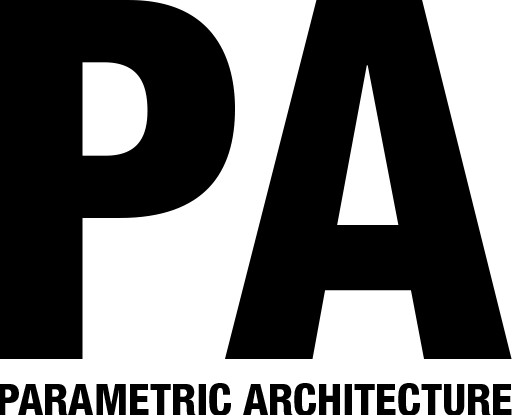



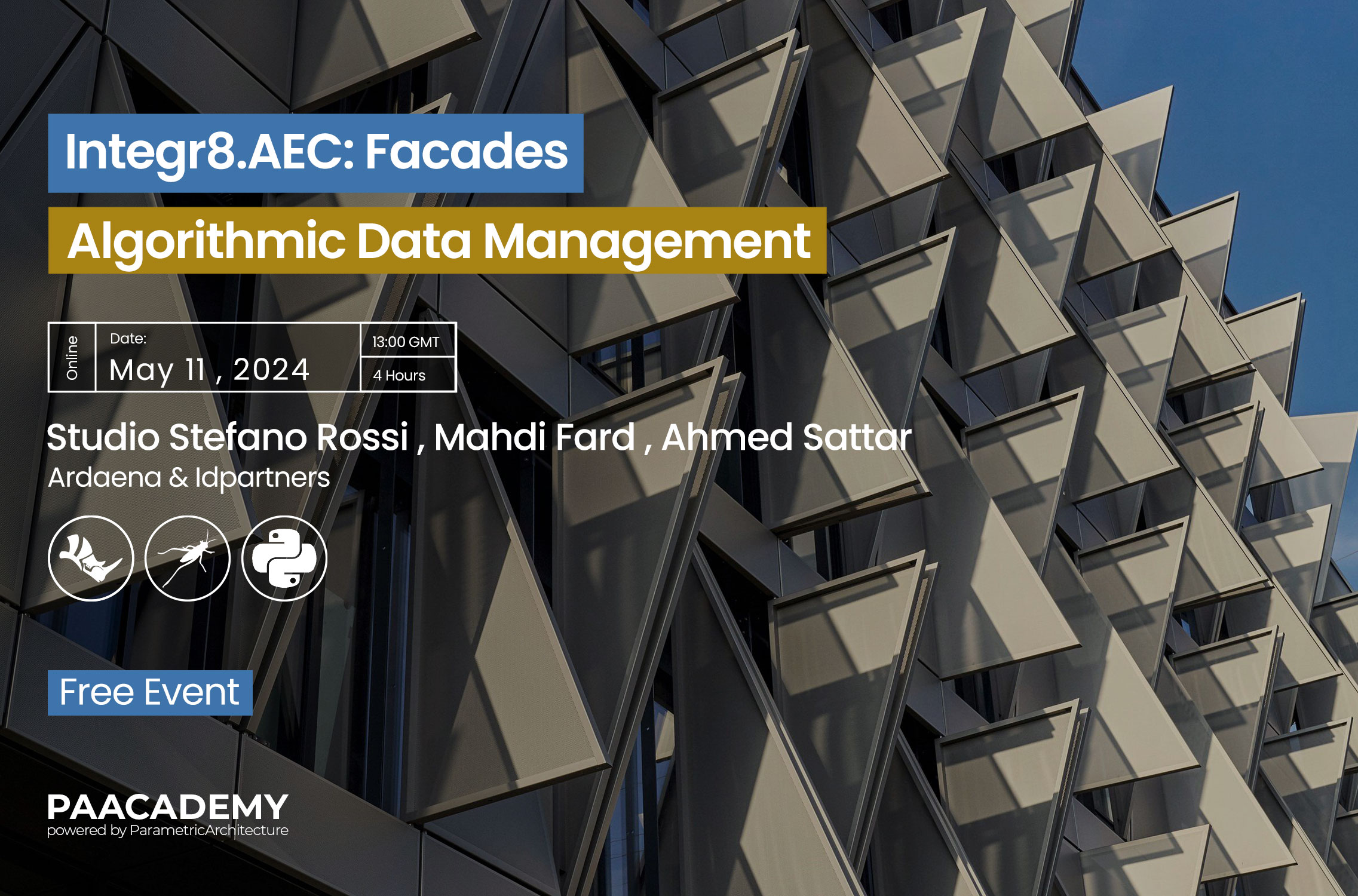
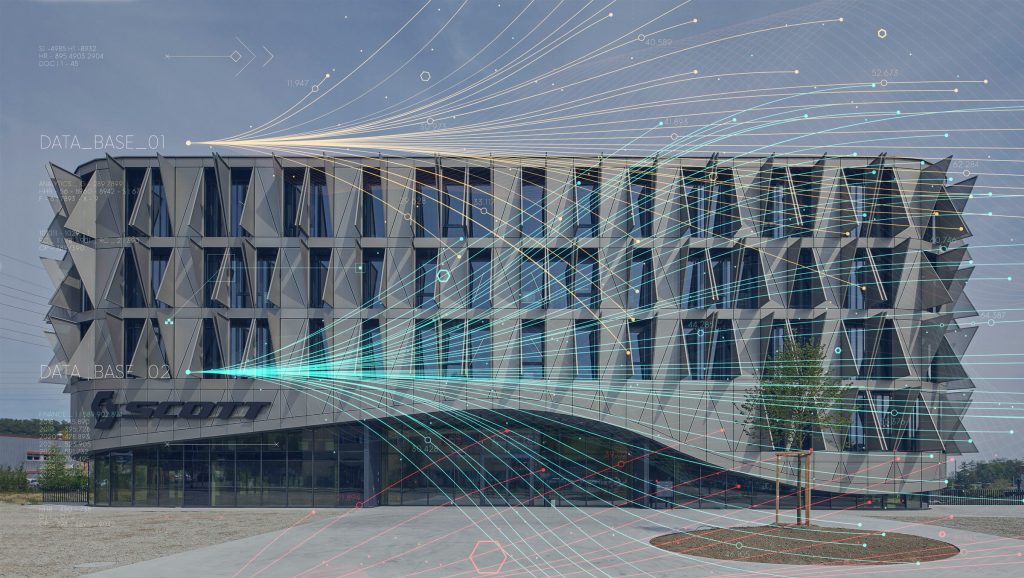


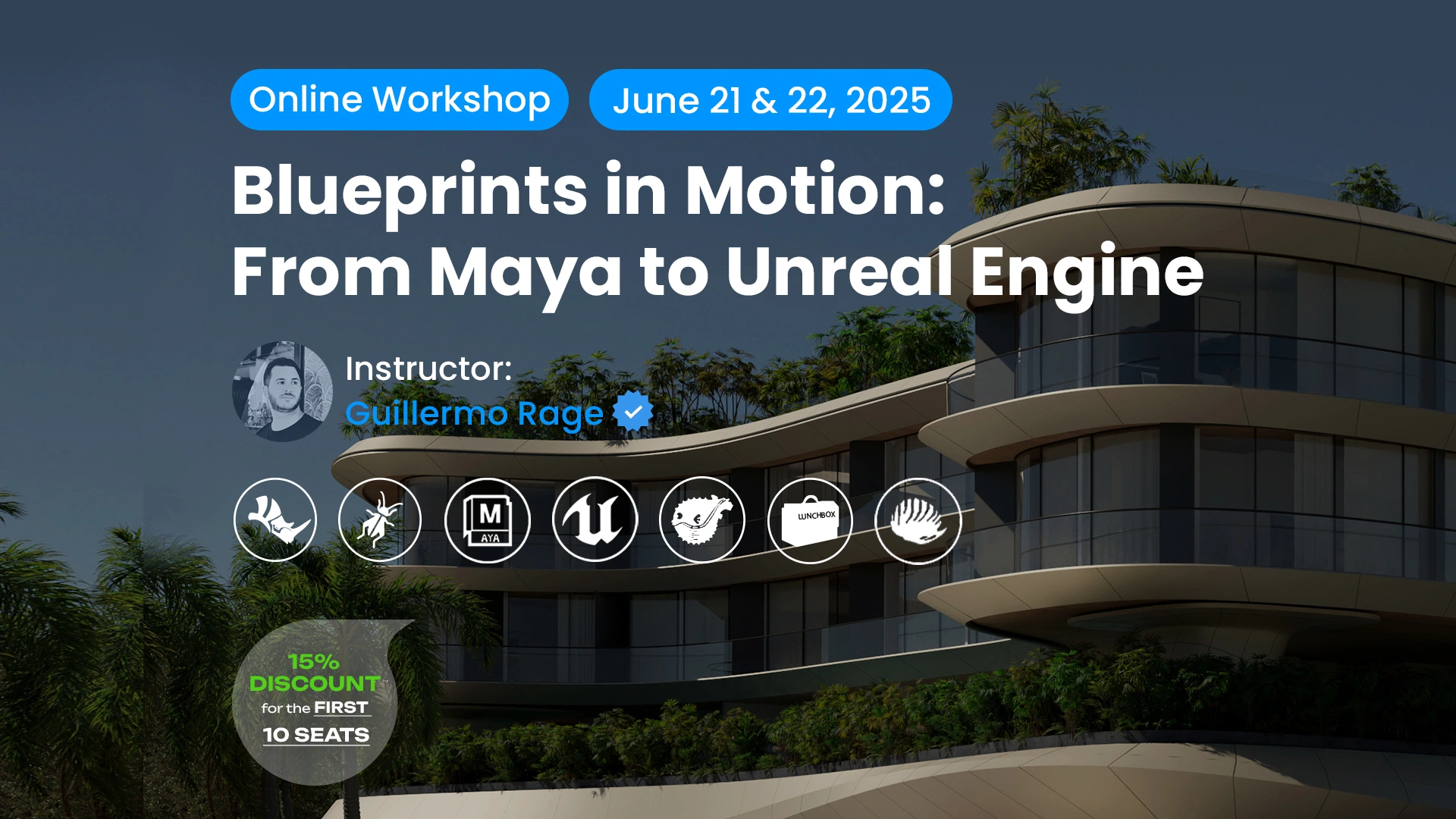


![Future[tectonics]: Exploring the Intersection of Technology, Architecture, and Urbanism 15 Future[tectonics]: Exploring the Intersection of Technology, Architecture, and Urbanism](https://parametric-architecture.com/wp-content/uploads/2024/04/PA-Futuretectonics-Cover-1-150x150.jpg)


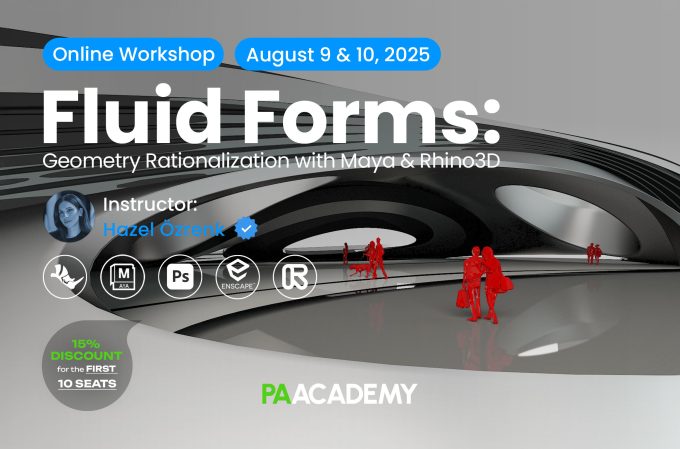
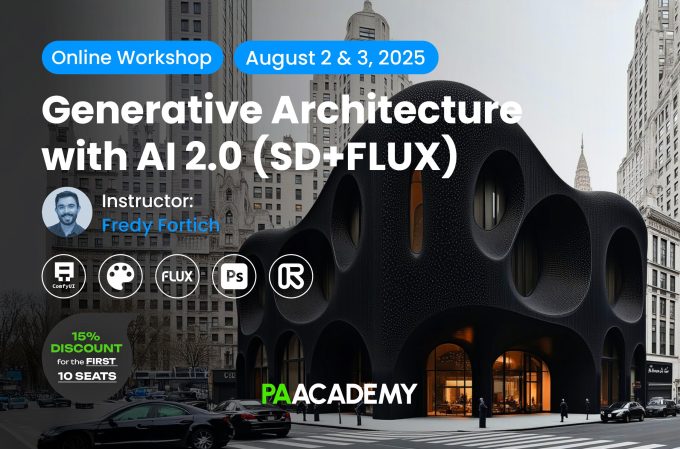




Leave a comment